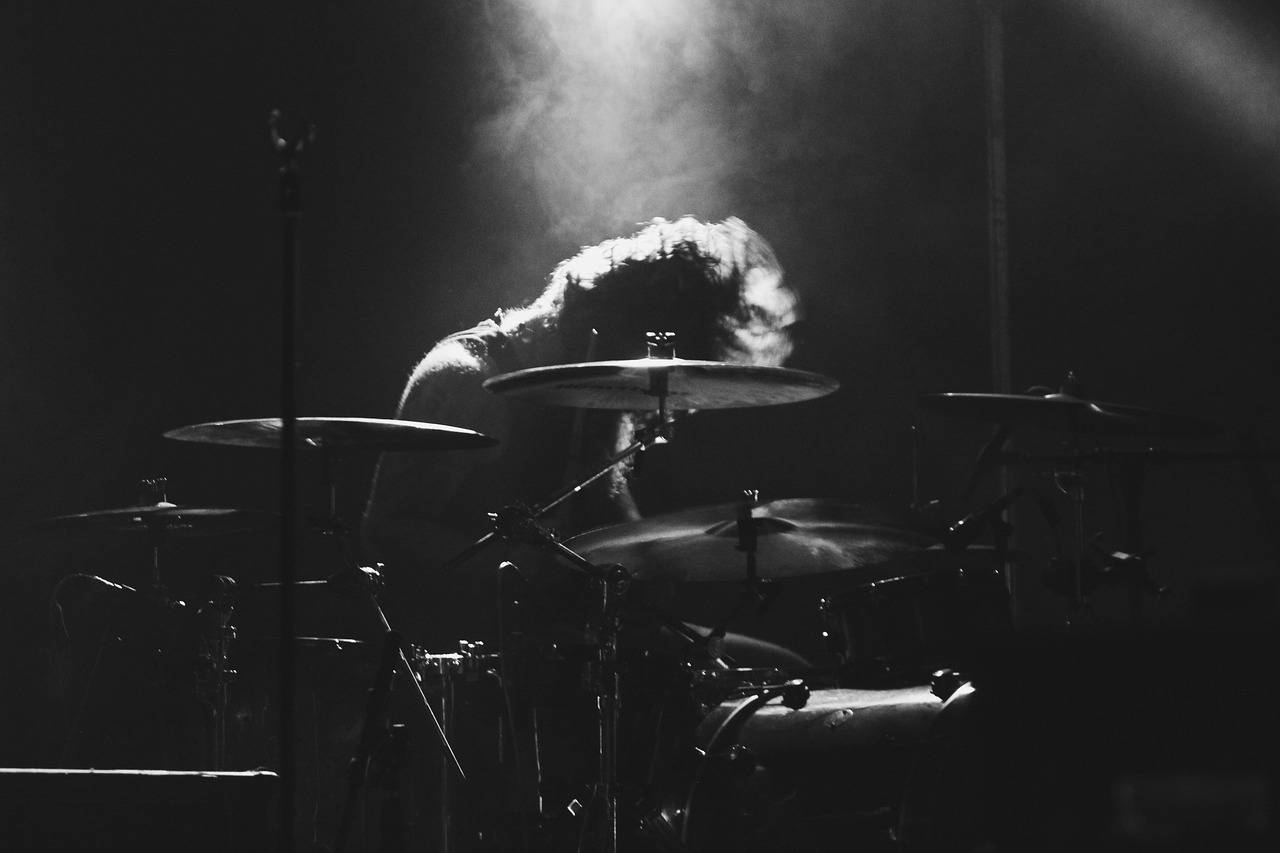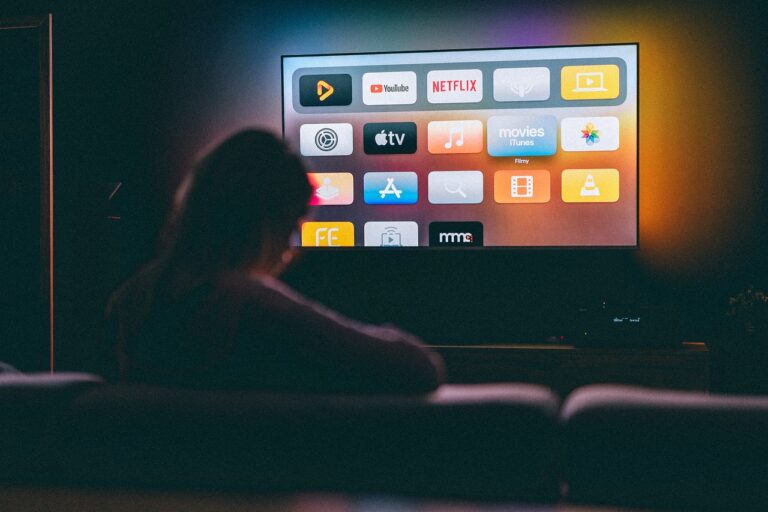The Future of AI-Generated Deepfake Technology in Entertainment
The entertainment industry has witnessed a significant surge in the use of AI-generated deepfake videos in recent years. What once seemed like a far-fetched concept from a science fiction movie is now becoming a reality in films, television shows, and online content. This cutting-edge technology allows creators to seamlessly superimpose the faces of actors onto other individuals, creating convincing visuals that challenge the boundaries of reality and fiction.
One of the key drivers behind the rise of AI-generated deepfake videos is the growing demand for innovative and captivating content in an increasingly competitive industry. By harnessing the power of artificial intelligence, filmmakers and content creators can bring characters to life in ways that were previously unimaginable. From resurrecting deceased actors for a final performance to creating hyper-realistic action sequences, deepfake technology offers a new avenue for pushing the boundaries of storytelling and visual effects.
The entertainment industry is constantly evolving, and AI-generated deepfake videos are at the forefront of this evolution.
Deepfake technology allows for greater creativity and flexibility in storytelling, enabling creators to explore new possibilities in character development and visual effects.
The use of AI-generated deepfake videos has sparked debates about ethics and authenticity in filmmaking, raising questions about the implications of manipulating reality through advanced technology.
Despite concerns about misinformation and potential misuse of deepfake technology, its impact on the entertainment industry cannot be denied as it continues to revolutionize how stories are told on screen.
The Impact of Deepfake Technology on the Film and TV Industry
Deepfake technology has undeniably revolutionized the way filmmakers and producers approach storytelling in the entertainment industry. By seamlessly replacing actors’ faces with digital replicas, deepfakes offer a new level of flexibility and artistic freedom in crafting narratives that would have been otherwise impossible to execute. This innovative technology allows creators to bring deceased actors back to the screen, alter historical events, or even merge characters from different time periods, expanding the boundaries of visual storytelling.
However, alongside the creative opportunities that deepfakes present, they also pose significant challenges for the integrity and authenticity of performances in films and TV shows. The reliance on digital manipulation to create characters raises questions about the essence of acting and the role of human actors in bringing a story to life. As deepfake technology continues to advance, industry professionals must navigate its implications on the art of performance while maintaining ethical standards and audience trust.
Ethical Concerns Surrounding the Use of Deepfakes in Entertainment
Deepfakes have raised significant ethical concerns within the entertainment industry. The ability to manipulate videos to convincingly depict individuals saying or doing things they never did raises questions about the manipulation of truth and the potential for misinformation. This technology blurs the lines between reality and fiction, presenting challenges for audiences trying to discern what is real and what is fabricated.
Moreover, deepfakes have the potential to harm the reputation of public figures and celebrities. With the rise of deepfake technology, there is a growing risk of individuals being falsely depicted in compromising or damaging situations. This can lead to reputational damage, public outcry, and even legal ramifications for those falsely portrayed in such videos. The ethical implications of creating and disseminating deepfake content in the entertainment industry are vast and require careful consideration moving forward.
What are deepfakes?
Deepfakes are digitally altered videos or images that use artificial intelligence to superimpose someone’s face onto another person’s body.
How are deepfakes being used in the entertainment industry?
Deepfakes are being used in the entertainment industry to create realistic visual effects, such as de-aging actors, changing their appearances, or even bringing deceased actors back to life.
What are some ethical concerns surrounding the use of deepfakes in entertainment?
Some ethical concerns include the potential for misinformation, the invasion of privacy, and the impact on an actor’s career if their likeness is used without their consent.
Are there any regulations in place to govern the use of deepfakes in the entertainment industry?
As of now, there are limited regulations governing the use of deepfakes in the entertainment industry. However, there is increasing pressure for stricter guidelines to be put in place to address ethical concerns.
How can viewers discern between real footage and deepfake content in entertainment?
It can be difficult for viewers to discern between real footage and deepfake content, but looking for inconsistencies in the video quality or the actor’s movements may help in identifying deepfakes.





